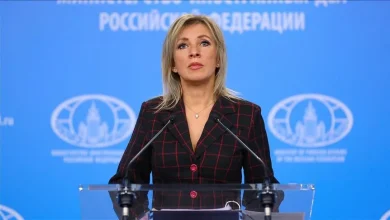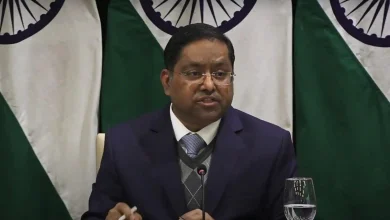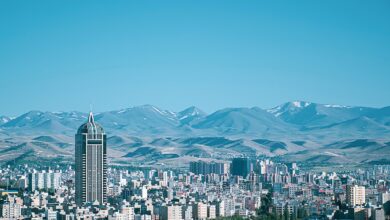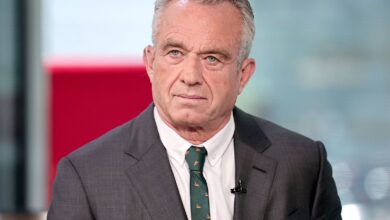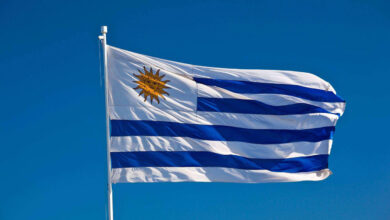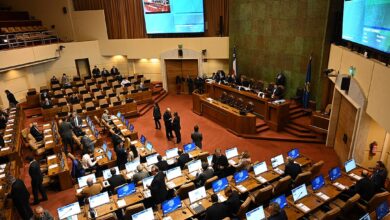Robert Avetisyan: Karabakh deserves reunion with Armenia
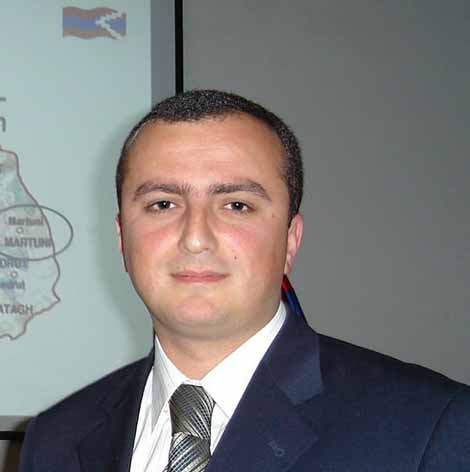
Fresno Bee publishes Op/Ed from Nagorno Karabakh’s Ambassador Robert Avetisyan:
“Feb. 20, 1988 was the day when Soviet authorities in Moscow saw the first real signs of what was soon to become the first truly democratic movement in the Soviet Empire.
A full quarter of a century ago, the Council of People’s Deputies, the legislative body for Nagorno Karabakh, sent a formal appeal to the authorities in Soviet Azerbaijan and Armenia and to Moscow as well, to reunite Artsakh (as Nagorno Karabakh is known in Armenian) with Armenia.
In making this request, they sought to reverse the arbitrary 1921 decision by dictator Joseph Stalin to carve Artsakh out of Armenia and place it under the administration of the newly created Soviet Azerbaijan Republic.
The citizens of Karabakh had never accepted Stalin’s actions and when the Soviet system began opening up in the late 1980s, under Gorbachev’s Perestroyka and Glasnost, they moved quickly to realize their long-held democratic aspirations.
When the 180,000 people of the Nagorno Karabakh Autonomous Oblast (or NKAO) raised their voice for freedom, the Communist leadership in Moscow and Baku pushed back hard, but could not suppress the legitimate right of the people of this land to freedom and self-determination.
Moscow sought to ignore these democratic appeals and deployed troops to instill fear and crack down on Artsakh. Baku’s response was even worse: During Feb. 26-28, 1988, hundreds of Armenians were subjected to torture and murdered simply for being Armenian. Organized mobs armed with knives and sharpened rods attacked apartments that belonged to Armenian families and conducted targeted atrocities with the full support of law-enforcement authorities in the large industrial city of Sumgait.
Seeing no condemnation, Soviet Azerbaijani authorities spread their attacks into cities that included Azerbaijan’s capital of Baku, Kirovabad. These attacks, too, claimed the lives of innocent people whose only “crime” was being Armenian.
By end of 1991, the people of Artsakh, having endured violence and aggression, acted under existing laws, to declare the formation of the Nagorno Karabakh Republic (NKR). Azerbaijan’s reaction was as predictable as it was aggressive. Emboldened by the impunity of their previous attacks, they launched a full-scale military attack against the newly-formed NKR, threatening the existence of local Armenians, Russians, Greeks, Azerbaijanis, Jews and others. The war lasted until 1994, when Azerbaijan relented and signed a cease-fire with Nagorno Karabakh Republic and Armenia. Over the course of this war, Azerbaijani attacks ruined almost the entire social and economic infrastructure of Artsakh, killing and maiming tens of thousands and causing large flows of refugees on both sides.
Since the 1994 cease-fire, Artsakh has developed a fully-functioning democracy with an effective government, fledging market economy, vibrant civil society and capable armed forces. The process of democratic development is irreversible, as illustrated by the series of parliamentary and presidential elections that have been described as free and fair by international observers. Freedom House, the human-rights watchdog, has rated Nagorno Karabakh as a partly free nation, marking the country’s democratic advantage over many of its regional neighbors, particularly totalitarian Azerbaijan.
While there is still much to do to solve the consequences of Azerbaijan’s devastating aggression, and despite all existing regional challenges, the Karabakh government is determined to strive toward a safer, stronger and more prosperous republic for its people. Artsakh is a viable state — ready and capable to assume its international responsibilities. The people of Artsakh deserve the same rights and freedoms as everyone else. The world community should welcome our new democracy into the family of nations by recognizing the independence of the Nagorno Karabakh Republic.”



